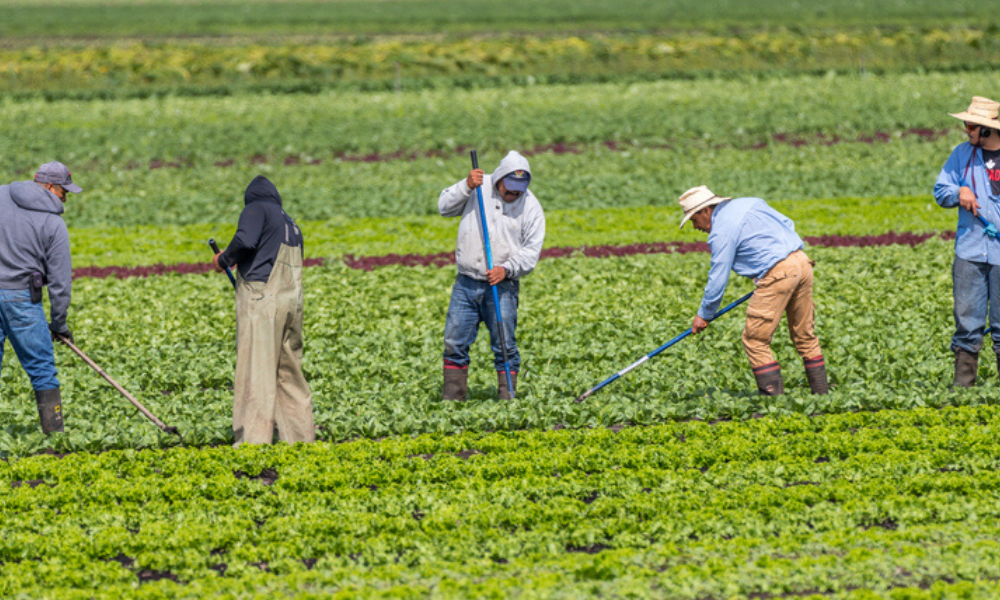'They should have the same rights as everybody else, and that includes having the right to speak'

One Ontario city will now be listening to what migrant workers have to say on matters affecting them.
The city of St. Catherines on Monday passed a motion to begin consulting with migrant workers on city initiatives that affect them.
"Migrant workers typically use bicycles, they walk, they use transit and they've been historically excluded from city rights and regional rights," St. Catharines Councillor Karrie Porter told CBC. "They live here eight months of the year... They should have the same rights as everybody else, and that includes having the right to speak at council meetings and being consulted on city and regional matters that affect them."
Temporary foreign workers (TFWs) in British Columbia have experienced many types of abuse perpetrated by employers and their agents, according to a report from the Migrant Workers Centre (MWC).
The motion received unanimous support, reported CBC.
The move comes on the heels of the death of migrant worker Fermin Soto Sanchez on June 13. On that day, Soto Sanchez was hit and killed by an SUV while he was walking alongside two friends. All three of them were migrant workers from Mexico.
In December 2021, the federal government announced it is looking to further improve safety measures for temporary foreign workers in the agricultural sector. The statement came after an Auditor General report noted that inspections at living spaces and workplaces conducted by Employment and Social Development Canada (ESDC) have been problematic. In particular, 88 per cent of quarantine inspections in late 2020 were deemed "problematic", up from 73 per cent the previous year.
Possible obstacles in consulting with migrant workers include these workers’ job security, language differences, transportation and access to a computer, according to Porter.
Porter said she doesn't "pretend these consultations will be easy to get off the ground," but she acknowledged the city will need to set budgets and write new policies to remove these barriers.
She said there is also "additional time needed to search out participants, build relationships, and meet people where they are at."
During the early months of the COVID-19 pandemic, some 25 per cent of the total death count because of the virus were attributed to migrants, according to a previous report. Also, migrant farmworkers who come to Ontario from other countries are at higher risk of contracting COVID-19 and other diseases. This is due to their communal living and working conditions, according to a previous report.





